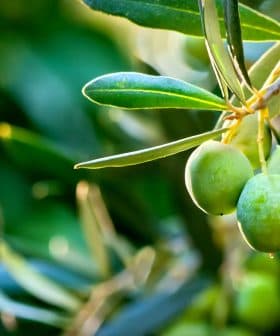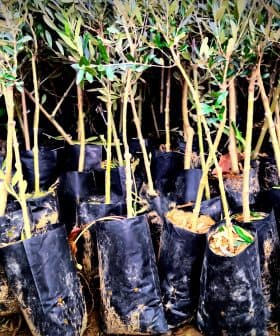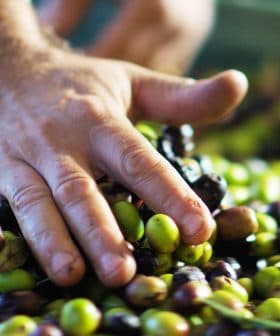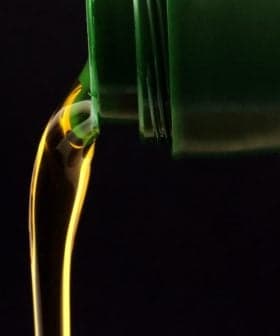Taiwan Study Adds Little to Differentiation Measures, IOC Says
As Taiwan's FDA targets esters in their efforts to aid in differentiation, the International Olive Council said a recent study contributes little to the cause.
The Taiwan Food and Drug Administration published a paper in Food Additives & Contaminants detailing a method to differentiate extra virgin olive oil from refined oils by measuring 3‑MCPD esters, with hopes of preventing adulteration and ensuring oil integrity. While the study was successful, the International Olive Council expressed skepticism about the effectiveness of the method due to its complexity and the existing standards in place for determining refined oils.
On June 20th, the international journal Food Additives & Contaminants published a scientific paper submitted by the Taiwan Food and Drug Administration (TFDA) regarding methods the organization has been studying to aid in the differentiation of extra virgin olive oil from lesser quality refined oils.
The methods entail spiking samples with “1,2‑bis-palmitoyl-3-chloropropanediol standard for analysis using gas chromatograph-tandem mass spectrometry.” After the reaction, researchers measured the levels of 3‑MCPD esters in the samples and found that the amount of these esters present in refined oils far exceeded those in extra virgin olive oil.
Taiwan FDA Director Liao Chia-ding, who worked on the study himself, explained that oils typically produce these compounds as a result of deodorization. EVOO, theoretically, should produce very small amounts, if any,
Researchers hope that analyzing the levels of 3‑MCPD esters present in oils will be an effective tool used to determine the integrity ofextra virgin olive oil on the market, thus preventing adulteration.
The study was conducted “in response to a slew of tainted oil incidents in 2014,” according to Liao. In addition to promoting food safety, the agency also hopes that the testing method will ensure oils live up to their price points.
Though the study boasts success in developing these tests for use in differentiation, some entities aren’t impressed with the results. In a statement provided by the International Olive Council in response to the TFDA’s recent paper. the organization explained that it had already explored the testing methods, and while they are indeed effective in determining oil’s integrity, the complex process requires the use of expensive equipment.
The IOC also said its standards already contain effective methods to determine refined oils, so the TFDA study “does not add much to what already exists.”
Wenceslao Moreda, an expert associated with the IOC, said, “Although we know that 3‑MCPD is formed in refined oils at the deodorization stage (as a function of temperature), it is not a parameter that can be used for classification, to differentiate virgin olive oils from refined oils (olive and olive-pomace), mainly because they do not provide an unambiguous parameter, in so far as the type of refining procedure, the refining conditions and/or the presence of chlorine ions have a significant influence on the production of these compounds.”
Regardless, the IOC continues to study the compound in order to decide whether or not these new developments should be included in their Trade Standard. The organization notes that the compound is nevertheless important, and the EU has actually created a document requesting countries to provide information as to the presence of 3‑MCPD esters in their oils.









